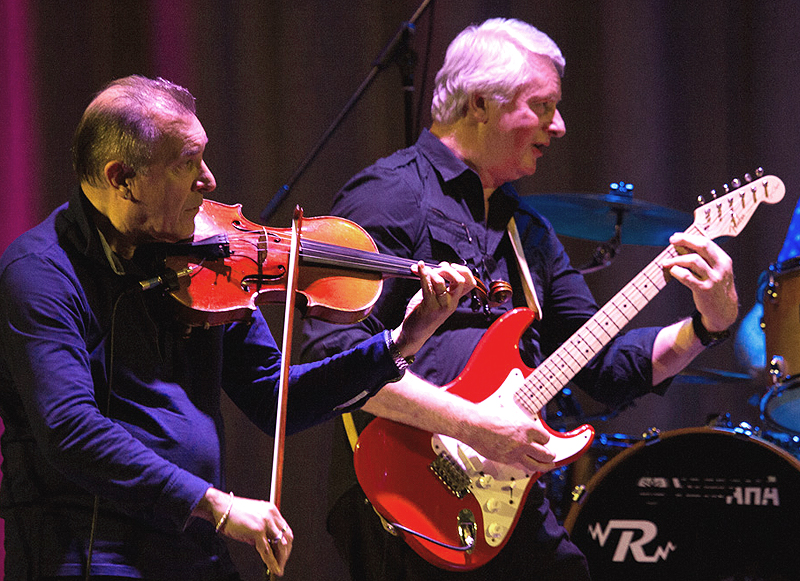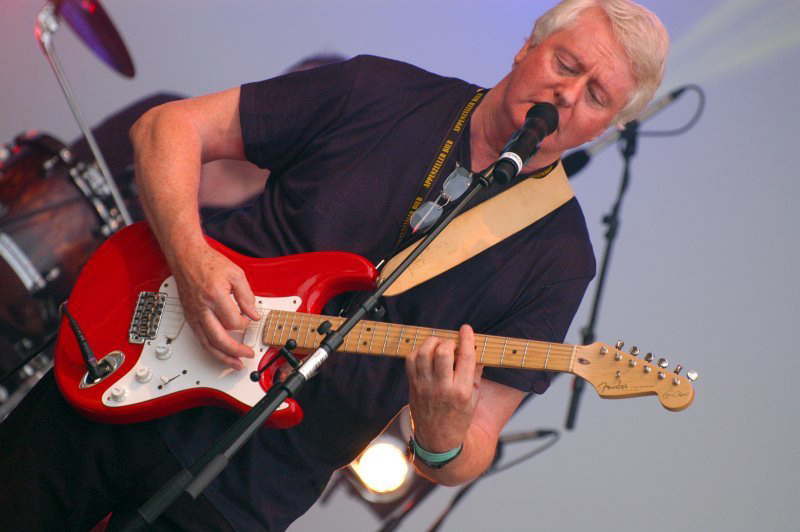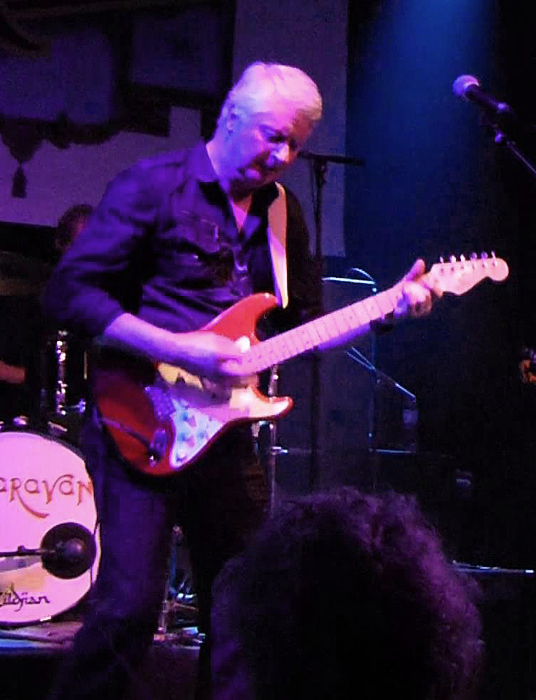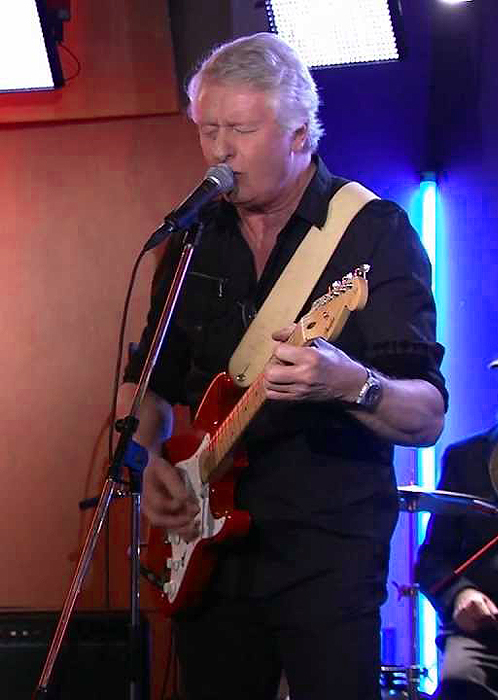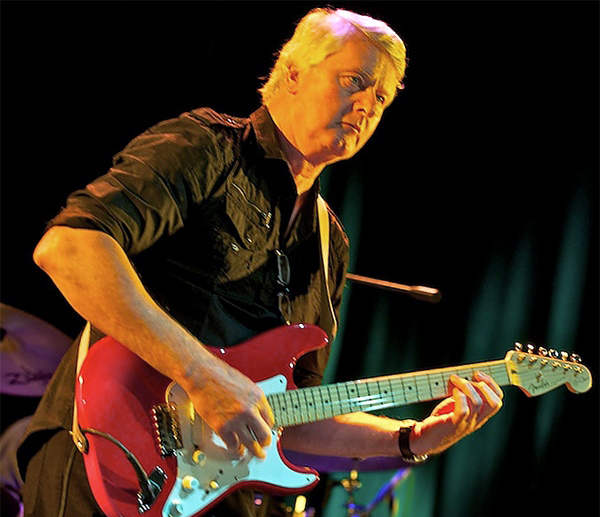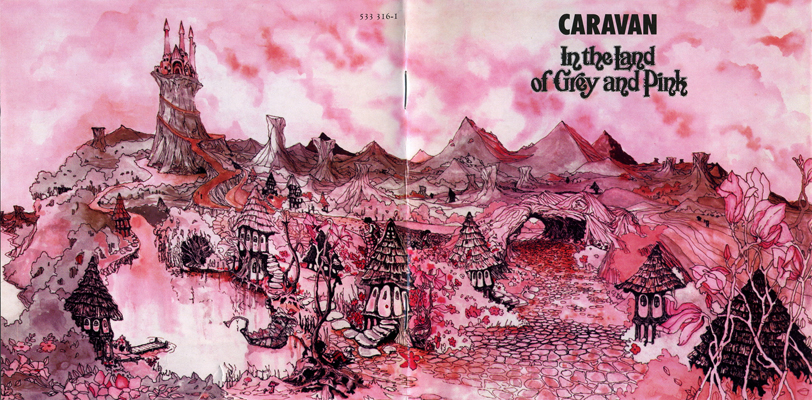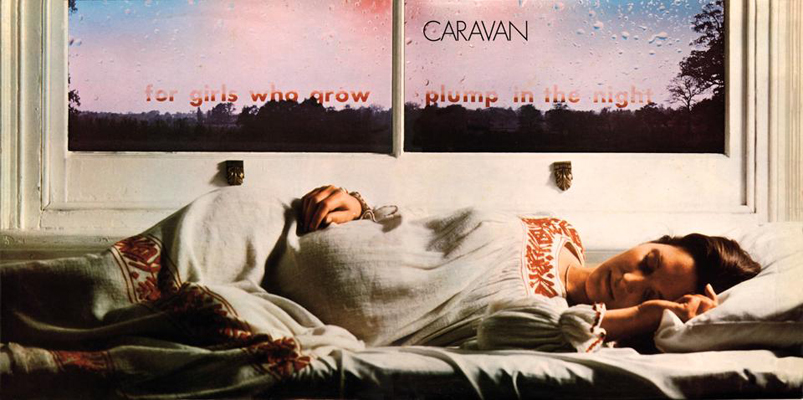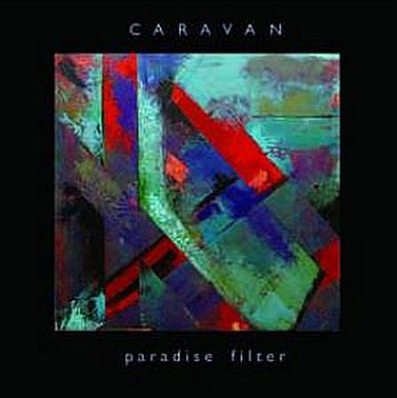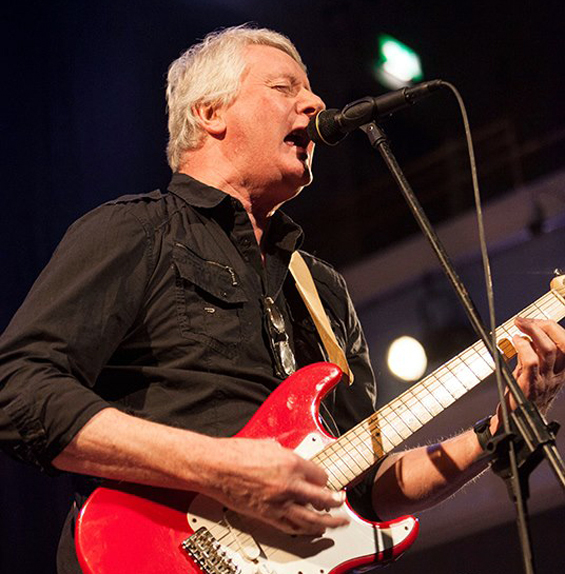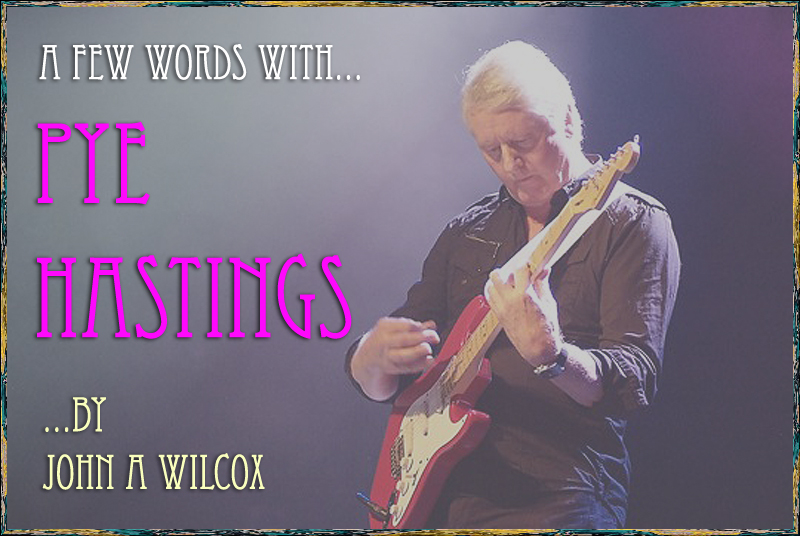

Where does one start? For Girls Who Grow Plump In The Night. Waterloo Lily. If I Could Do It All Over Again, I'd Do It All Over You In The Land Of Grey And Pink. The list goes on! Pye Hastings is the frontman, heart, and soul of Caravan. Perhaps the Canterbury band. Progsheet was lucky enough to talk our beloved Mr. Hastings into doing an interview. Enjoy - he's quite the charmer...
